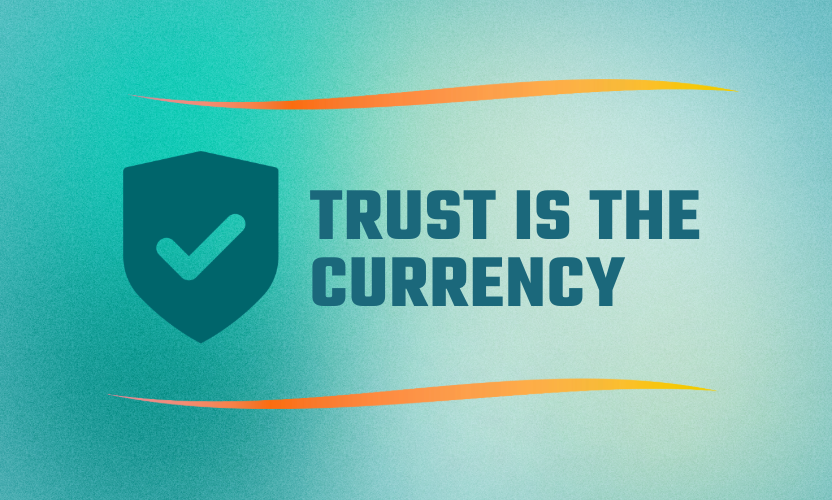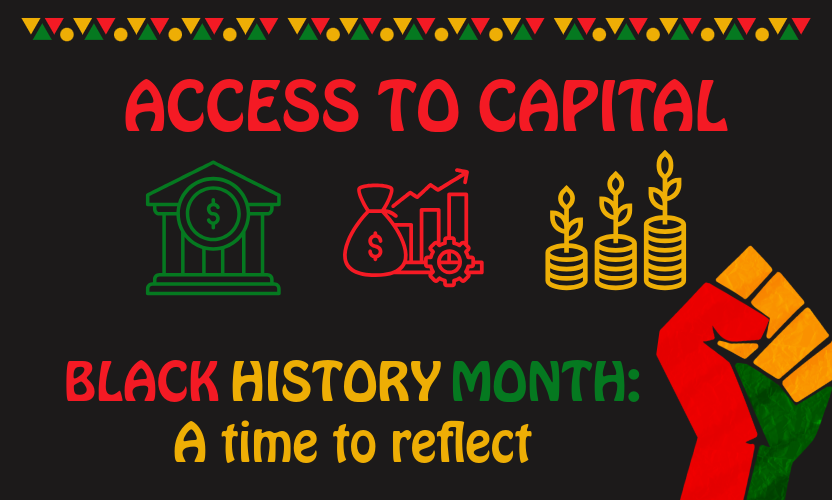The Wave: From the President's Desk
01.12.2023Q4 2022 TASI Bank Newsletter
Don’t let the smoke get in your eyes. Get Congress to pass the SAFE banking act.
Dear Friends,
I know it’s been a hectic political season and you probably don’t want to hear about another cause but if you grant me a little patience, I’d like you to hear one more.
Cannabis is legal recreationally and medically in California but illegal at the federal level. At the time of this writing, there are currently 43 states, the District of Columbia, Guam, Puerto Rico and the U.S. Virgin Islands have all legalized the use of cannabis in varying degrees.
The conflict between state and federal positions makes the industry difficult to bank. Bankers are stuck in between balancing the federal regulations and servicing our communities, and many times banks say no to cannabis exposed companies. At TASI, we currently have our big toe dipped in the water. We bank those customers that service the cannabis industry but don’t have direct ownership. At TASI Bank we define those companies that directly touch cannabis as Direct Marijuana-Related Businesses (MRB’s) operators and Indirect Marijuana related business as those that don’t touch cannabis but provide services industries and have a majority of their income from Direct Marijuana related businesses. We currently bank the latter. These businesses are often landlords, plumbers, electricians, accountants, etc. These are business that service other small business in our community
However, due to the federal classification (Controlled Substances Act: Level 1), providing services to these companies exposes banks to sanctions if the politicians decide to change their enforcement at the state level. Banks need the federal clarification provided by the SAFE Banking Act which is currently in congress waiting for a senate vote. The house version has passed several times however the senate version remains in limbo.
Both the house and senate versions of this bill would:
Prohibit federal banking regulators from taking negative supervisory actions against banks (up to and including termination of deposit insurance) solely because the bank provides or has provided financial services to a cannabis-related legitimate business;
Provide that a bank and its officers, directors, and employees may not be held liable under any federal law for providing financial services to a cannabis-related legitimate business.
Protect a bank’s legal interest in collateral owned by a cannabis-related legitimate business;
Provide that a bank is not required to provide financial services to a cannabis-related legitimate business;
Required banks to file suspicious activity reports relating to cannabis accounts in accordance with guidance issued by FinCEN; and
Direct the Secretary of FinCEN to ensure that the guidance does not inhibit the provision of financial services to cannabis-related legitimate businesses in a state that has legalized cannabis.
Why the bill makes sense:
Supports growth for the local communities. Cannabis companies are job creators for the communities. It’s not only the cannabis companies creating jobs. These companies demand services to support their businesses just like any other small business. These include plumbers, HVAC, security specialists, lawyers, insurers and others that make their business successful.
Improves security for the communities - Cannabis companies are attractive targets for criminals due to their cash-based business. Getting them into the mainstream banking system reduces their need to keep large amounts of cash where they can be targeted taking the bullseye off their backs. In addition, the SAFE act would allow Visa and Mastercard to allow transactions over their systems further reducing the need for cash.
Combat’s tax evasion – Tax evasion is common among cash-based business. Given their lack of access to banking services the risk is higher than in traditional services. Moreover, the risk likely extends to those supporting business that must currently get paid in cash.
Increases the tax collection efficiencies – Cannabis companies frequently pay their taxes and fees in cash because they are underbanked resulting in additional cash counting and control challenges for the government. Allowing access to banks would make it more efficient by allowing companies to quickly and securely file tax payments electronically.
More accurate assessment of the economic risks. By mainstreaming the cannabis industry into banking, it allows policy makers to more accurately assess the risks to both the local and broader economies. Allowing the funds to flow through the banking system will more accurately quantify the amount of money that flows through the industry. This would be particularly helpful helping in addressing policy to combat the unregulated cannabis industry which enjoys a discount to the legal operators. When policy makers having a better understanding of the size, amount and taxable revenues, policy makers will be able to adjust tax levels to narrow the pricing gap between the legal and illegal operators reducing the incentive for consumers to buy off the streets.
There is a lot of craziness in Washington where parties force you to choose a side, either red or blue but this is one piece of legislation where both sides show an ability to work together, and they are a small number of votes from getting over the hump. The legislation has 93 cosponsors in the House (80 Democrat, 13 Republican) and 17 in the Senate (12 Democrat, 4 Republican and 1 Independent). All prior versions of the bill have passed the house and are about 10 votes from passing the senate.
It’s not perfect but it’s a path forward.
Best,
Dave



